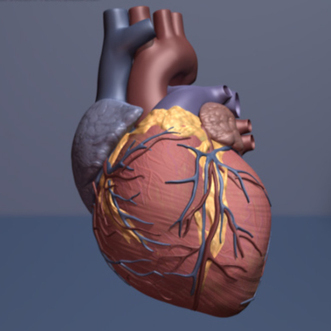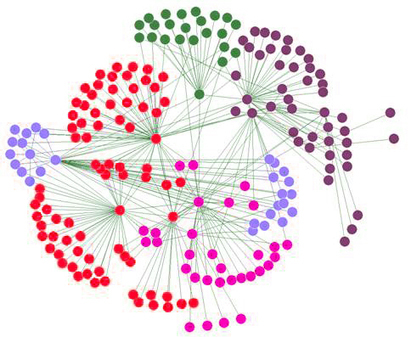In recent times, researchers have increasing found that the power of computers and artificial intelligence is enabling more accurate diagnosis of a patient's current heart health and can provide an accurate projection of future heart health, potential treatments and disease prevention
In a paper published in the European Heart Journal, researchers from King's College London, show how linking computer and statistical models can improve clinical decisions relating to the heart.
The research team is lead by Dr. Pablo Lamata.
In his statement he said that "We found that making appropriate clinical decisions is not only about data, but how to combine data with the knowledge that we have built up through years of research."
The Digital Twin
The team have coined the phrase the Digital Twin to describe this integration of the two models, a computerised version of our heart which represents human physiology and individual data.
"The Digital Twin will shift treatment selection from being based on the state of the patient today to optimising the state of the patient tomorrow,
The idea is that the electronic health record will be growing into a more detailed description of what we could call a digital avatar, a digital representation of how the heart is working.
This could mean that a trip to the doctor's office could be a more digital experience. "
Mechanistic models see researchers applying the laws of physics and maths to simulate how the heart will behave.
Statistical models require researchers to look at past data to see how the heart will behave in similar conditions and infer how it will do it over time.
Models can pinpoint the most valuable piece of diagnostic data and can also reliably infer biomarkers that cannot be directly measured or that require invasive procedures.
"It's like the weather: understanding better how it works, helps us to predict it. And with the heart, models will also help us to predict how better or worse it will get if we interfere with it."
read the original unedited article at https://medicalxpress.com/news/2020-03-digital-heart-future-health.html



 Your new post is loading...
Your new post is loading...










We already extract numbers from the medical images and cardiac signals. What if we can combine these and process them through a model to infer something that we don't see in the data.
We obviously cannot touch a beating heart, but we can train these models with the rules and laws of the material properties to infer importance pieces of diagnostic and prognostic information.